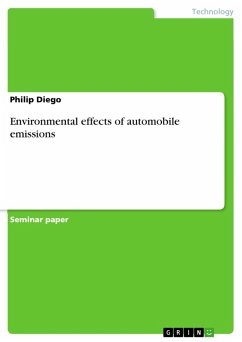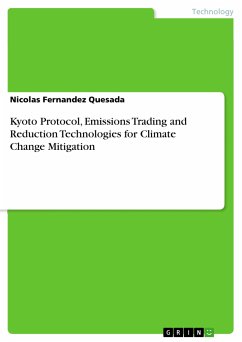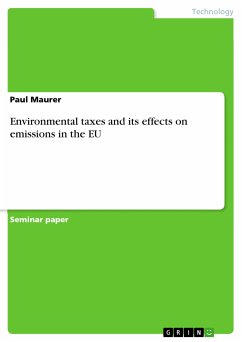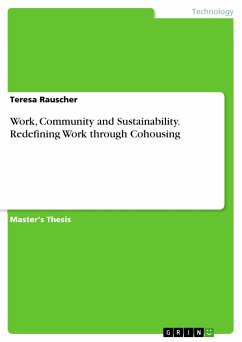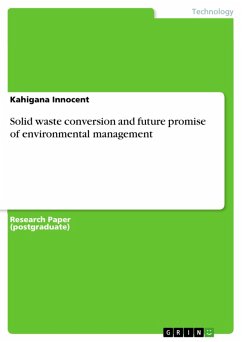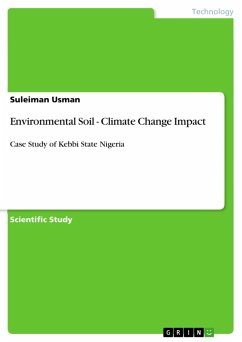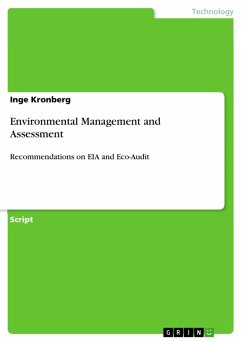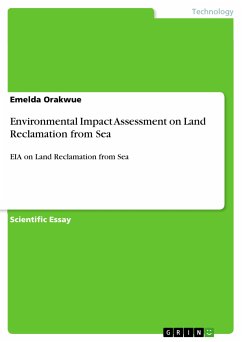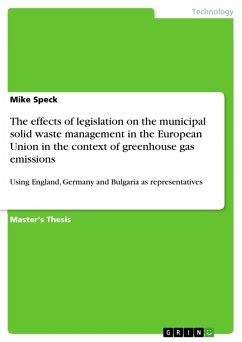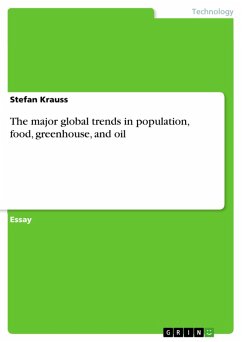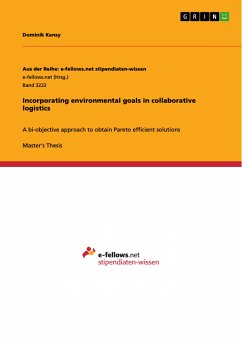
Incorporating environmental goals in collaborative logistics (eBook, PDF)
A bi-objective approach to obtain Pareto efficient solutions
Versandkostenfrei!
Sofort per Download lieferbar
Statt: 47,95 €**
36,99 €
inkl. MwSt. und vom Verlag festgesetzt.
**Preis der gedruckten Ausgabe (Broschiertes Buch)
Alle Infos zum eBook verschenkenWeitere Ausgaben:

PAYBACK Punkte
0 °P sammeln!
Master's Thesis from the year 2019 in the subject Environmental Sciences, grade: 1,0, , language: English, abstract: The increasing interest in sustainability and the growing number of directives and legislations pressure companies to investigate means to reduce their carbon footprint. This thesis considers horizontal collaboration between logistics companies who jointly plan their distribution routes. Horizontal agreements can lead to significant economic and environmental benefits if the participating companies are able to combine complementary activities. Methodologies are presented to deal...
Master's Thesis from the year 2019 in the subject Environmental Sciences, grade: 1,0, , language: English, abstract: The increasing interest in sustainability and the growing number of directives and legislations pressure companies to investigate means to reduce their carbon footprint. This thesis considers horizontal collaboration between logistics companies who jointly plan their distribution routes. Horizontal agreements can lead to significant economic and environmental benefits if the participating companies are able to combine complementary activities. Methodologies are presented to deal with the operation of horizontal collaboration in logistics based on multi-objective optimisation and cooperative game theory. Extensive work has been dedicated to the software implementation of collaborative vehicle routing heuristics using the Pareto efficiency principle to find candidate solutions. The heuristics were tested with benchmark instances from literature to illustrate how the methodologies apply. The solutions to these test instances give a hint on the potential savings in CO2e-emissions in the collaborative setting. In one solution, the companies are able to save between 11.9% and 24.7% CO2e-emissions simultaneously, compared to their standalone scenarios. However, the results also indicate that, based on the allocated costs, players may favour different cost allocation methods. In this case, the companies need to find consensus on a cost allocation method for example based on the properties of the different methods presented in this thesis. A special focus is laid on the different methods to allocate the total cost (CO2e-emissions) onto the members of the coalition.
Dieser Download kann aus rechtlichen Gründen nur mit Rechnungsadresse in A, B, BG, CY, CZ, D, DK, EW, E, FIN, F, GR, HR, H, IRL, I, LT, L, LR, M, NL, PL, P, R, S, SLO, SK ausgeliefert werden.




